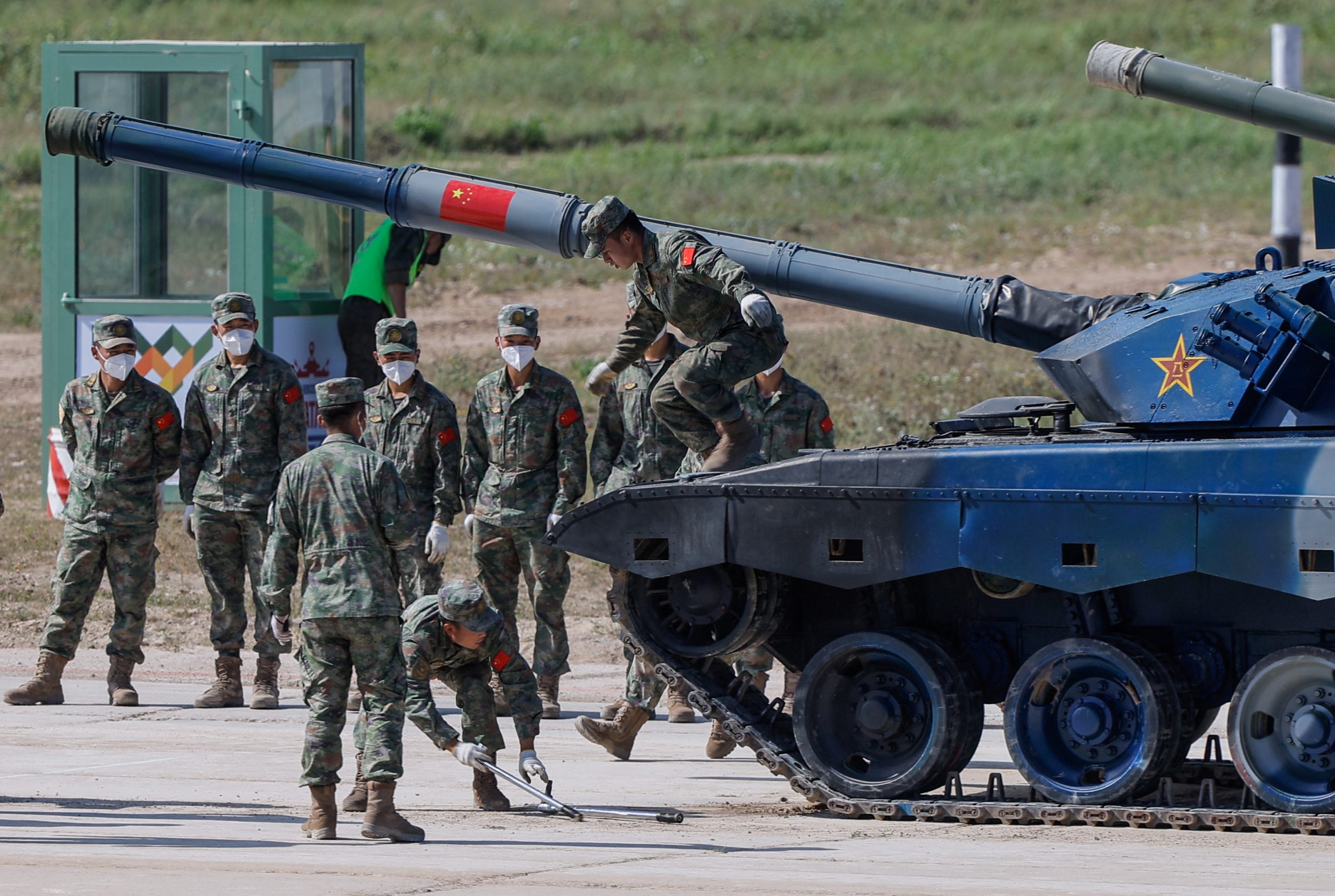
Willie R. Tubbs, FISM News
[elfsight_social_share_buttons id=”1″]
Wednesday, China’s defense ministry announced it was sending troops to Russia for a joint military exercise that will involve at least six countries.
According to a statement from the defense ministry, Chinese troops will join their Russian counterparts as well as troops from India, Tajikistan, Belarus, and Mongolia for what has been termed the “Vostok” (East) exercises from Aug. 30 to Sept. 5.
Despite the recent tensions between the United States and China over Taiwan, the defense ministry insisted the moves were “unrelated to the current international and regional situation.”
“The aim is to deepen practical and friendly cooperation with the armies of participating countries, enhance the level of strategic collaboration among the participating parties, and strengthen the ability to respond to various security threats,” the statement said.
Department of State Spokesperson Ned Price indicated in his Wednesday press briefing that the U.S. was prepared to take the Chinese government at its word.
“My understanding is that these are joint exercises that involve a number of countries well beyond Russia and China,” Price said. “Countries routinely make their own sovereign decisions. It is absolutely their right to do so regarding what, if any, military exercises to take part in. I’ll also note that most of the participating countries also routinely participate in a wide array of military exercises and exchanges with the United States as well. So, we don’t read anything into their engagement in this activity.”
It would be hard to call the interplay between the two world powers indicative of an end to the posturing that has come to define the U.S.-China relationship since 2021. United States leaders still harbor concerns over the growing cooperation among China and other nations long rejected or treated as pariahs by the West, a topic recently explored in more depth by FISM.
“We’ve seen a burgeoning relationship between Russia and Iran, for example, and we have made public elements of that,” Price said. “That is of concern because of the vision that the [People’s Republic of China], countries like the PRC, countries like Russia, have for the international order. It is a vision that is starkly at odds to the liberal vision that we and our allies and partners have for the international system.”
The U.S. response to China’s announcement came on the same day that, as reported by Reuters, Japanese national security adviser Takeo Akiba met with China’s top diplomat, Yang Jiechi.
Details on the meeting were scant as of this writing, but the two discussed stabilizing the nations’ relationship.
